A pyrrhic victory? Victory Day, 1919
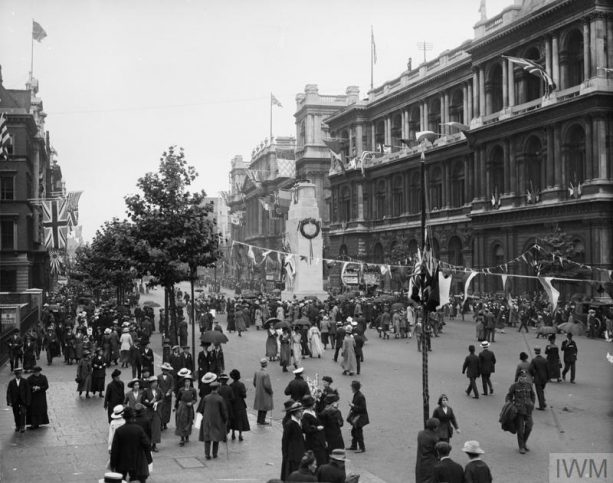
Whilst Victory day 1919 was planned as a celebration, the emotions evoked were more diverse and complex.

Whilst Victory day 1919 was planned as a celebration, the emotions evoked were more diverse and complex.
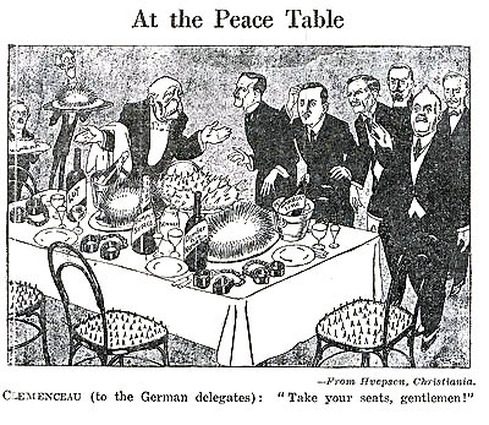
German anger at the Treaty of Versailles between the wars is well known. Hitler, in his rise to power, exploited this deep resentment. So how did such a contentious document come into existence and why was it signed?
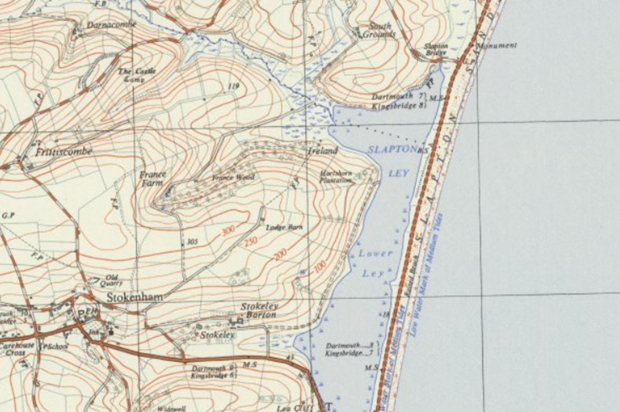
Once the Allies decided to land in Normandy, they identified the need to practice.
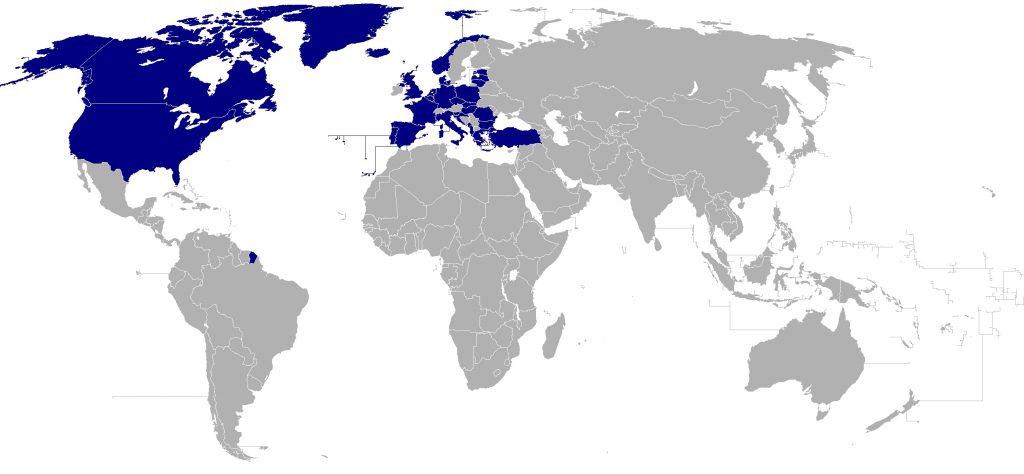
NATO remains the cornerstone of Western security. But as it celebrates its 70th birthday, it is worth remembering the part played in the negotiations by other regions such as Latin America, Africa and the Asia-Pacific.
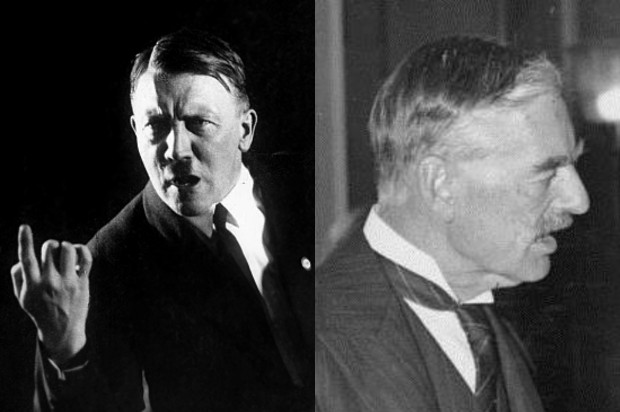
On 31 March 1939 Neville Chamberlain committed Britain to defending Polish independence. After years of trying to preserve peace and buy time for rearmament, he recognised that international developments and domestic opinion meant this guarantee was necessary, though it was to mean war with Germany 6 months later.

The armistice agreement with Germany was signed on 11 November 1918, but the Peace Conference did not start proceedings until 18 January 1919. With so much at stake, why did it take 2 months for discussions to start?
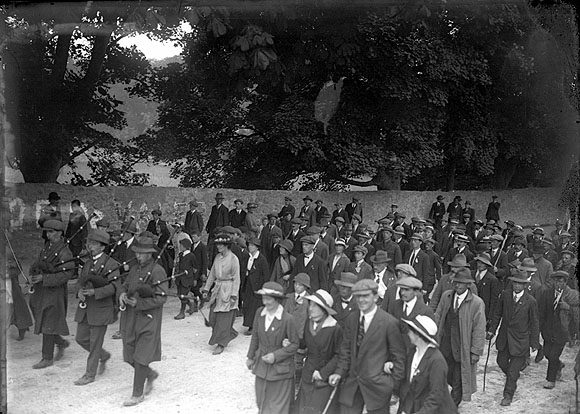
In what has been termed the khaki election (1918), the first election in which (some) women could vote, a woman in green was elected to be the first woman member of parliament.
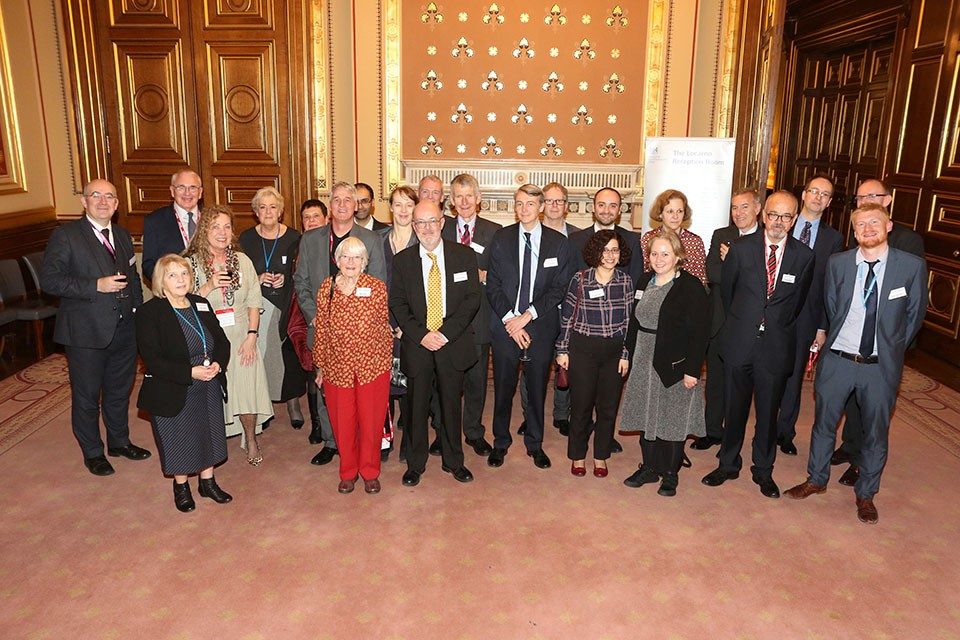
On 15 November, the Foreign & Commonwealth Office Historians gathered in the Locarno Suite of the Foreign Office to mark our centenary. Joining us were former and current members of staff.
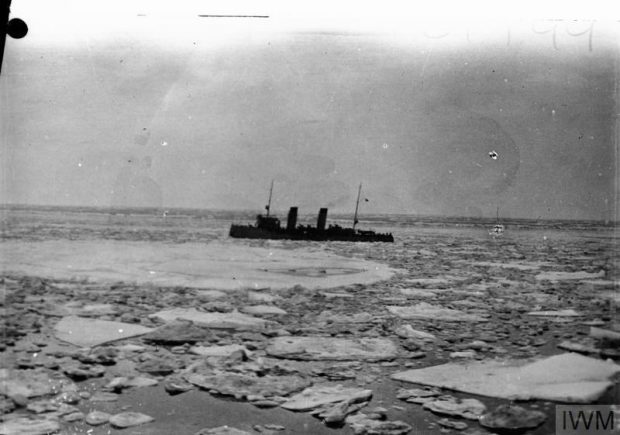
On 11 November we remember the guns ceasing firing. We imagine universal relief that the carnage of war was finally over, at least in the victorious countries. There is just one problem: that is not the complete truth.
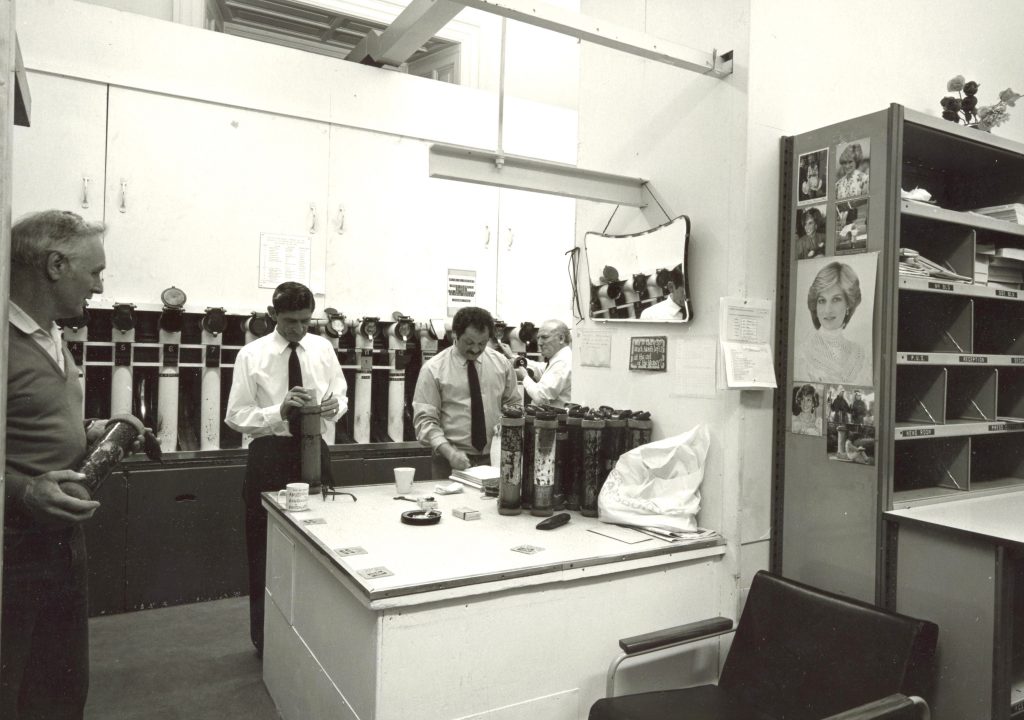
On this day in 1968 the Foreign and Commonwealth Office was created. But how did it come about, and what changes has the organisation seen in the last 50 years? The hole in the wall Back in 1963, a confrontation …